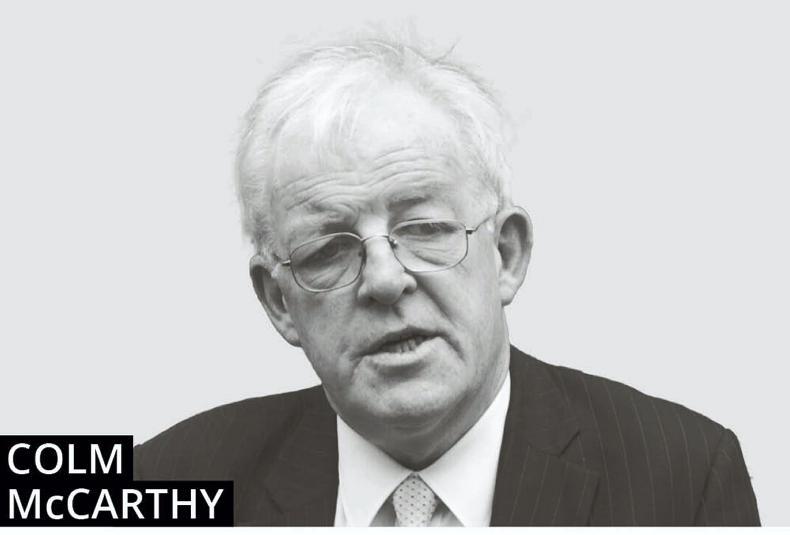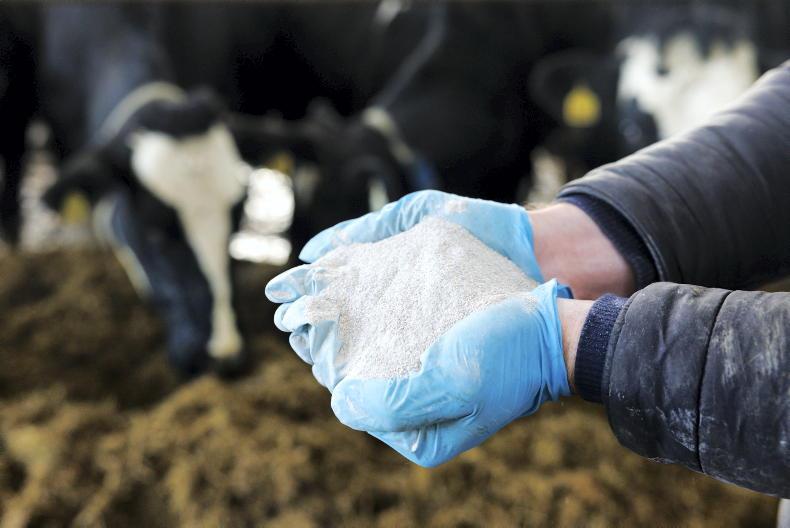Whether the UK will finalise a free trade agreement (FTA) with the European Union remains unclear, but matters less than many people think.
The UK has already become a third country, out of the EU, and, moreover, out of both the single market and customs union.
Most of the consequent costs and disruption to business will happen when transition ends on 1 January, with or without an FTA.
That date is a deadline for the UK, but not for the EU, which negotiates deals with non-members all the time and can conclude a deal with the UK whenever the terms seem right.
Extra cost without a deal
The UK faces extra cost and disruption without a deal, but the issue is marginal for most EU members. For Britain, the pressure is self-imposed – the Johnson government could have sought a longer transition period and it would have been granted.
This unbalanced negotiating position was an obvious risk from the outset
Extra costs and disruption will commence for the UK on 1 January and will be lower with a deal, but not much lower.
For the EU, no-deal costs will, in most cases, be minor.
This unbalanced negotiating position was an obvious risk from the outset and Whitehall civil servants warned against it. Several resigned and went public.
Unflattering verdict on UK politics
When the history of the period comes to be written, the verdict on contemporary British politics and politicians will not be flattering.
The Cameron government called the 2016 referendum to heal a split in the Conservative party and in the expectation that the Remain side would win. It lost narrowly, 52 to 48, inside the margin of error in the opinion polls and Cameron is fated to be remembered as the prime minister to have made a seriously dumb call.
Leaving the European Union without any coherent plan for life outside was the biggest decision taken in the United Kingdom for half a century, and the worst.
Cameron’s instant departure was followed by a shambolic mishandling of the negotiations under Theresa May. The UK has chosen a go-it-alone third country cul-de-sac, elevating ‘sovereignty’ to the status of a national strategy. Slogans instead of policies.
Given the referendum outcome, there were better options, including retention of membership in the single market while outside the EU, as chosen by Norway.
Blame game
This is blood under the bridge at this stage and the current political strategy appears to be the avoidance of blame for the predictable consequences of Brexit.
Blame the perfidious Europeans. The Brexiteer mindset is that Britain has been expelled from the EU, not that it has chosen to quit. They will accept no British, certainly no Brexiteer, responsibility for the consequences of a unilateral British decision.
There is no way of knowing whether this narrative will work politically, and the costs of the Brexit decision will be slow to emerge. Perhaps the Tory party will be forgiven – some of the poor economic performance in prospect can be blamed on infectious bats in Wuhan, China, if the Brussels bureaucrats decline to take the rap.
... as if a favoured cousin has lost the plot and gone all eccentric
In the Republic, the status of Britain as a trusted partner in Europe and in helping to bind the wounds in Northern Ireland has been undermined, as has, in Scotland, the attachment to the 300-year union with England.
If you like England and the English, as most Europeans do, the events of the last few years are just depressing, as if a favoured cousin has lost the plot and gone all eccentric, a country led by people short of seriousness.
This is not meant to happen in big and important countries, and it inflicts thoughtless damage on their smaller neighbours.
Boris Johnson is the least convincing prime minister of the United Kingdom in modern times. The least convincing leader too of the storied Tory party, Britain’s ‘natural party of government’ and reputedly the oldest political party in the world.
There is no way that Margaret Thatcher, Eurosceptic in her way but also the champion of the single market, or John Major, sensitive to the Anglo-Irish responsibility in Ulster, would have presided over the shambles that has unfolded.
There has been an unexplained deterioration in the quality of political leadership in the UK, evident also in the poor record on dealing with the COVID-19 emergency, which leaves people rubbing their eyes.
Had the European Union or its principal member states been out to screw Britain over the last 50 years, as is alleged, the Brexiteer position would be understandable.
There is this extraordinary perception of victimhood, well documented by Fintan O’Toole in his book Heroic Failure, which has driven the grown-ups to the margins of British politics.
It is Ireland’s hard luck to be the EU member most exposed to the consequences. There will be a fractious relationship between Britain and Ireland, and between Britain and the EU, for years to come – Brexit never ends.










SHARING OPTIONS